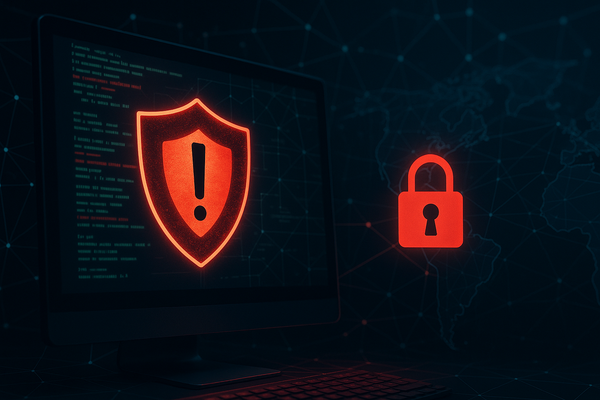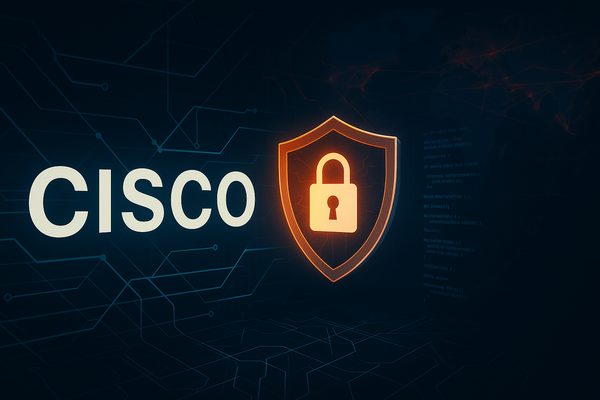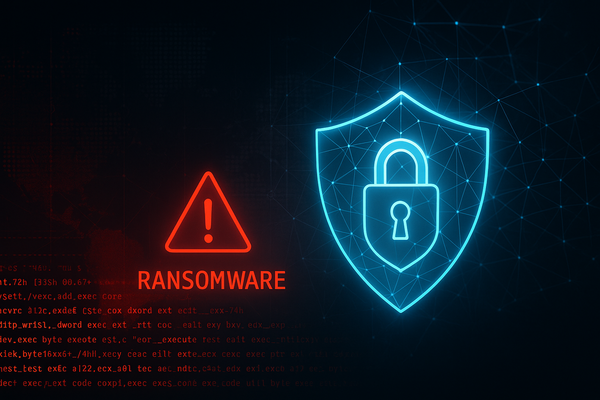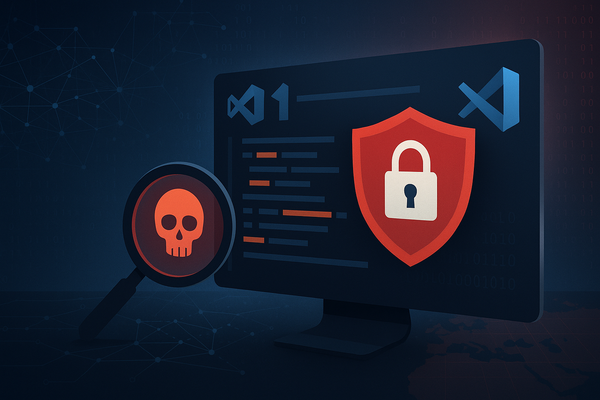The Future of Cybersecurity Hiring: Why Entry-Level Talent Will Shape the Industry in 2025
The ISC2 Cybersecurity Hiring Trends Report 2025 reveals why certifications, soft skills, and training programs are reshaping the cybersecurity job market. Learn how Lufsec helps bridge the gap.

The cybersecurity industry stands at a turning point. According to the ISC2 Cybersecurity Hiring Trends Report 2025, the profession is evolving rapidly — not just in technology but in how organizations build their teams. While talent shortages persist, the report makes one thing clear: the future of cybersecurity depends on investing in entry- and junior-level professionals.
1. Experience and Certifications Trump Degrees
One of the most eye-opening findings from ISC2’s research is that 90% of hiring managers prefer candidates with hands-on IT experience, and 89% value certifications over formal degrees.
In fact, foundational certifications like ISC2’s Certified in Cybersecurity (CC) and CompTIA Security+ are becoming golden tickets for newcomers to break into the field.
This trend signals a fundamental shift: practical knowledge and validated skills now outweigh traditional academic paths. At Lufsec, we see this reflected daily — students with the right combination of certifications and real-world lab experience quickly outpace those with only theoretical backgrounds.
2. Soft Skills Are the New Superpower
While cybersecurity is built on technology, the report emphasizes something unexpected: teamwork, problem-solving, and analytical thinking are the top skills hiring managers seek — even more than cloud or data security skills.
In an age where AI and automation handle many technical tasks, the uniquely human abilities to think critically, collaborate, and adapt are becoming the true differentiators.
3. Apprenticeships and Internships Are Back in the Spotlight
The study highlights a global resurgence in internship and apprenticeship programs as powerful pipelines for cybersecurity talent. Over half of hiring managers (55%) said internships are among their best tools for identifying skilled candidates.
This trend is strongest in the U.S., U.K., and India, where companies are realizing that structured mentorship and real-world exposure produce far stronger cybersecurity professionals than classroom learning alone.
4. The Disconnect: Unrealistic Job Descriptions
Despite the enthusiasm for early-career talent, there’s still a persistent issue — unrealistic expectations in job descriptions.
More than a third of hiring managers still demand advanced certifications like CISSP or CISA for entry-level roles. These credentials require five years of experience, effectively locking out the very candidates the industry needs most.
The ISC2 report urges organizations to differentiate between “must-have” and “nice-to-have” qualifications, allowing skilled, certified newcomers to grow into the profession rather than be excluded by design.
5. The ROI of Training Early-Career Professionals
Training new cybersecurity talent is not only fast but also cost-effective.
According to ISC2, 81% of entry-level professionals become fully productive within a year, and most organizations spend less than $5,000 per hire on training.
That’s a small investment for a field where the cost of a single breach can exceed millions. Building talent from within isn’t just altruistic — it’s strategic risk management.
6. A Call to Action for the Cybersecurity Community
The message is unmistakable: we can’t hire our way out of the skills gap — we must train our way out of it.
Organizations that create realistic career paths, mentorship opportunities, and accessible training programs will define the next decade of cybersecurity.
At Lufsec, we share this vision. Our mission is to make cybersecurity education accessible, practical, and deeply relevant. Whether you're a company leader looking to strengthen your defensive posture or an aspiring professional taking your first steps into ethical hacking or AI security, Lufsec provides the roadmap to grow your skills — and your impact.
Final Thoughts
Cybersecurity is no longer just about defending systems — it’s about developing people.
The ISC2 report shows that the most resilient organizations are those investing in human potential, not just technology.
The future cybersecurity workforce won’t be built in boardrooms or job postings — it’ll be forged through mentorship, certification, and hands-on learning.
Schedule Your Free Cyber Security Career Coaching Session Today!





